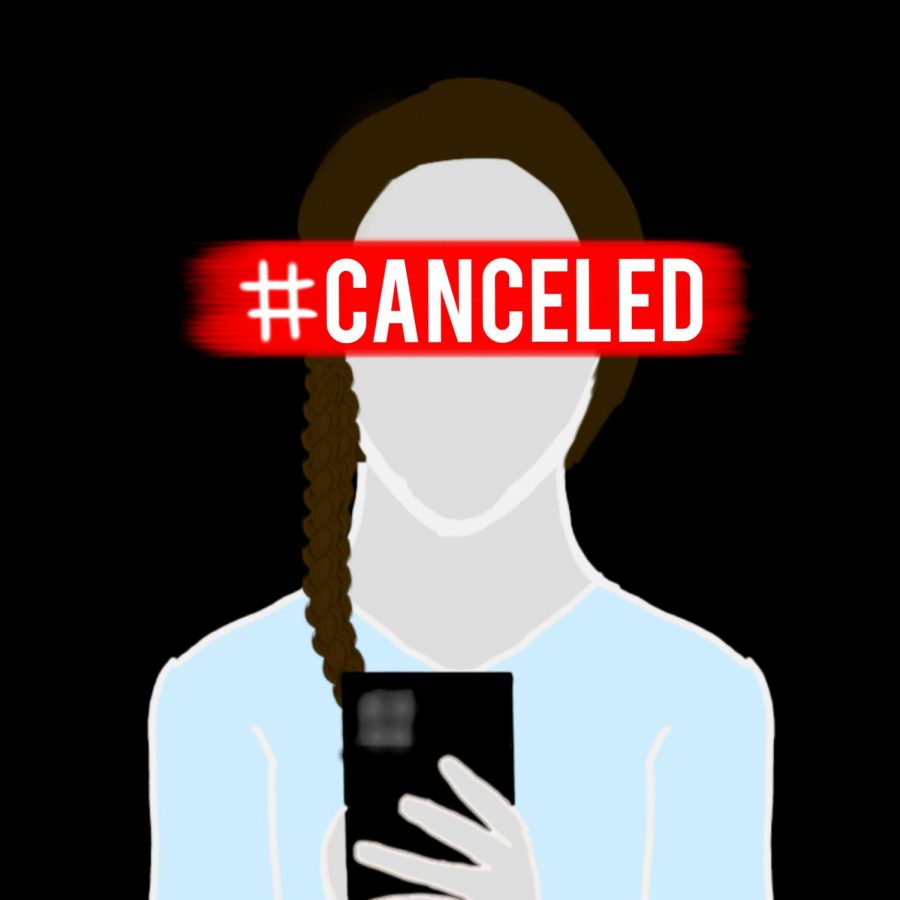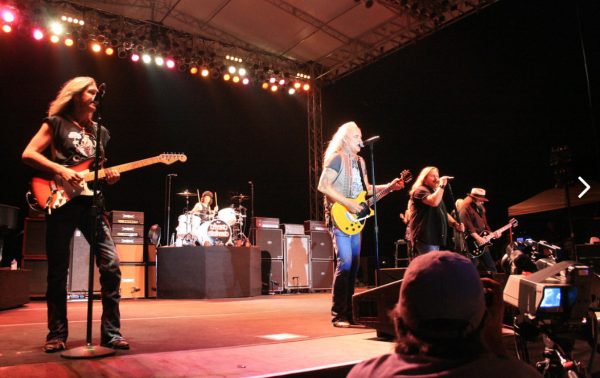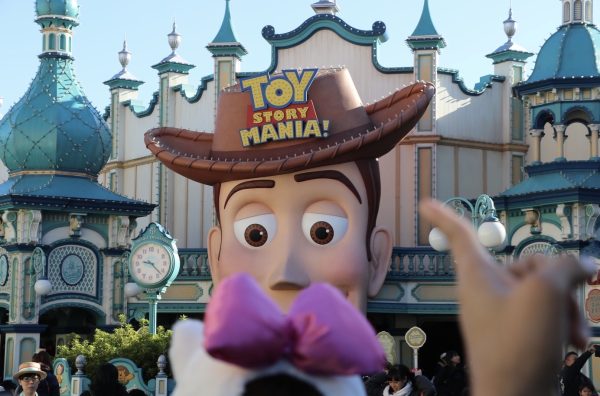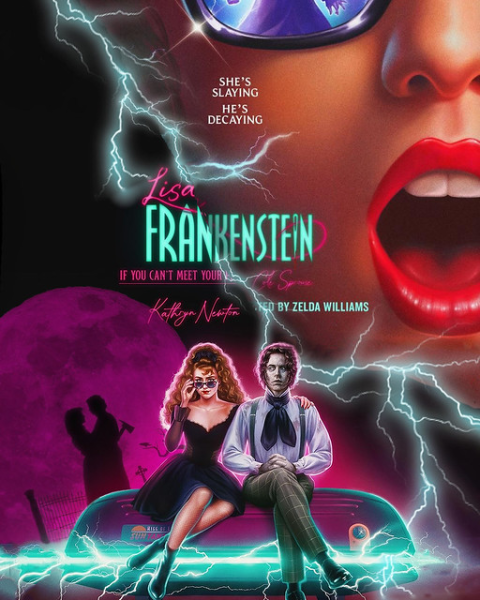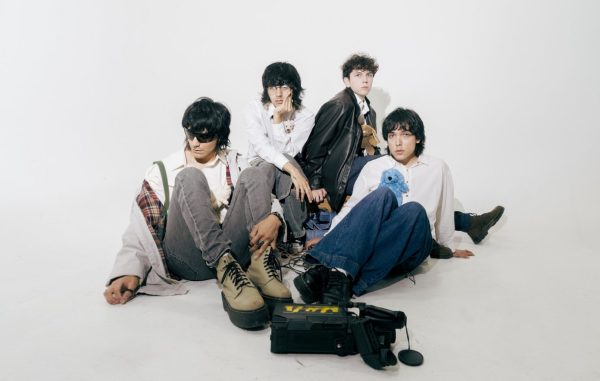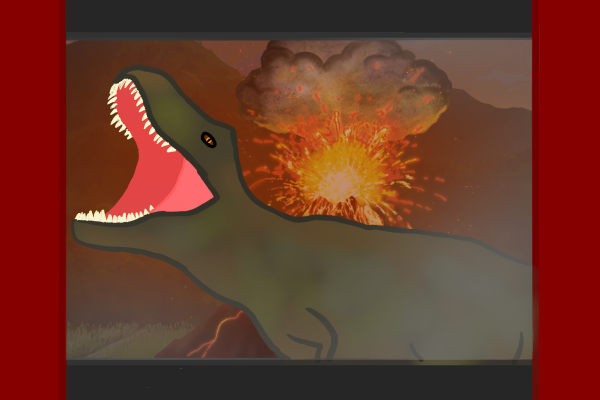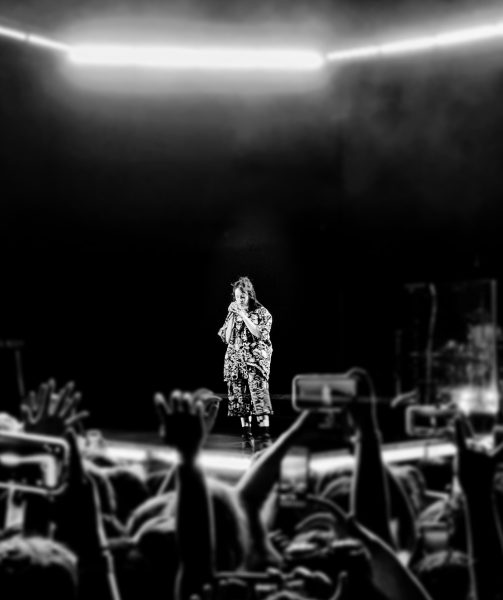What is Cancel Culture?
The term “Cancel culture”, which means removing support for public figures and companies. Cancel Culture has been rising in popularity on news channels and social media.
“Cancel culture” is a term that has been rising in popularity. Whether it’s in news channels, hashtags trending on Twitter, or the comments section of an Instagram account, users can’t seem to escape the term.
But what exactly is cancel culture? What does it mean, how did it start, and who does it impact? Luckily, there are plenty of definitions out there.
Dictionary.com defines cancel culture as “the popular practice of withdrawing support for (canceling) public figures and companies after they have done or said something considered objectionable or offensive.”
Urban Dictionary is a popular site that internet users go to when new slang comes up that they don’t understand. The most popular definition for cancel culture is, “a modern internet phenomenon where a person is ejected from influence or fame by questionable actions. It is caused by a critical mass of people who are quick to judge and slow to question.”
When an internet user gets “canceled,” it’s often after making a remark or committing an act that is deemed offensive.
An example of this is a formerly popular YouTuber named Shane Dawson. Dawson had been involved in controversies like black face in the past, but a documentary created by another YoutTuber was released that revealed much worse acts.
The other content creator, D’Angelo Wallace, made a full documentary on Dawson, showing video evidence of child abuse, racist remarks, and insinuated bestiality. The goal of social media users trying to cancel Shane Dawson was to get him to either explain the claims made against him or to get him deplatformed.
Many people were in support of deplatforming Dawson, since his career was based on the internet and deplatforming him would stop him from making more content. On the other hand, people may view it as unlawful since he is not being prosecuted through the legal system.
An argument against cancel culture is that if someone has a problem with a prominent figure, they should take it to court. If claims go uninvestigated, they could be permanently damaging to an innocent person. After the damage is done, how does one prosecute thousands of anonymous internet users?
Another problem with cancel culture is that strangers on the internet aren’t always right. False claims can invoke anger in whoever views them, and instead of looking into the issue they jump right onto the bandwagon of mobbing against another person whom they know nothing about.
In Dawson’s case, he was a large YouTuber with a sizable following. He’d been canceled many times before, only to come back rebranded. But with the evidence presented as it was, many speculate he might never come back and that that’s for the better.
Not every person who gets canceled has a large social media presence. Many younger content creators, like artists on Instagram and Twitter, have gotten mobbed because they liked a post they didn’t know was problematic or had ulterior motives. Most people don’t display their beliefs on every tweet they post, so it’s easy to click the heart button on something that looks harmless.
As Twitter user @maplecocaine said, “Each day on twitter there is one main character. The goal is to never be it.” Cancel culture has a few ups and a lot of downs. The internet as it is, is the wild west, and oftentimes it’s best to stay out of it.
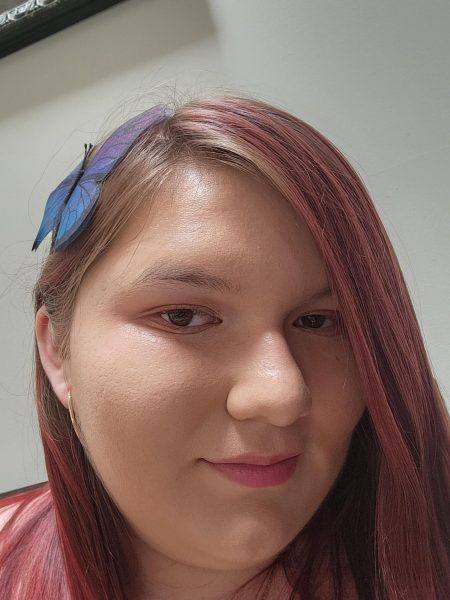
Rhonda Corona is both a section editor and a graphic designer for the Pony Express. She is in her fourth year of Journalism and she mainly writes about...

